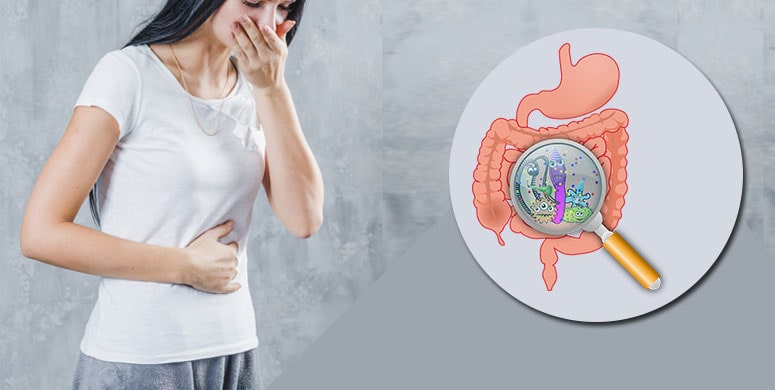Appetite loss, Anorexia, Eating disorder, Food aversion, Decreased appetite, Not feeling hungry.
Root Cause of Disease
Eating is one of the most basic, essential human functions—and a constant desire. If you suddenly don’t have an appetite, if you are repulsed by certain foods, or if you’re struggling to finish a meal, it’s a sign that something is wrong. The problem could be as simple as a stomach bug that will pass in a day or two. But a lack of appetite for more than a few days can be a sign of something more serious, like a thyroid problem, cancer, or a mental health issue like stress or depression. Certain medications can also suppress your appetite. Treatment varies if your decreased appetite is caused by conditions such as cancer, digestive issues, or thyroid disease can be due to stress, depression and may be also due to underlying health condition.
Symptoms
Signs that you have a loss of appetite could include:
- Having little to no interest in food
- Not eating your favorite foods
- Missing meals
- Changes to your weight
- depression
Causes
There are several possible causes of a loss of appetite. The most common causes are:
- Physical changes to your body
Changes to your body can affect your ability to feel hunger and could cause a loss of appetite These causes could include:
- Pain
- Dehydration
- Dental problems or tooth pain
- An injury
- A loss or reduction of taste or smell
- Recovering from surgery
- Emotional changes to your mental health
Your emotions play a role in your appetite and your ability to desire food. Emotional causes of a loss of appetite could include:
- Anxiety
- An eating disorder
- An emotional reaction like grief, fear, sadness or shock
- Depression
- Stress
- An underlying health condition
An underlying condition could change your appetite. Some of the common conditions that cause a loss of appetite include but aren’t limited to:
- A common cold
- An infection
- Cancer
- Dementia
- Diabetes
- Food poisoning
- Heart, lung, kidney or liver disease
- HIV and AIDS
- Hypothyroidism
- A side effect of a medication
A loss of appetite could be the result of medications or supplements you take to treat an underlying health condition. Common medications that have a side effect of a loss of appetite include but aren’t limited to:
- Antibiotics
- Amphetamines
- Chemotherapy
- Digoxin
- Fluoxetine
- Hydralazine
- Opioids
Home remedies to treat Appetite Loss
Remedy- 1: Coriander Leaves
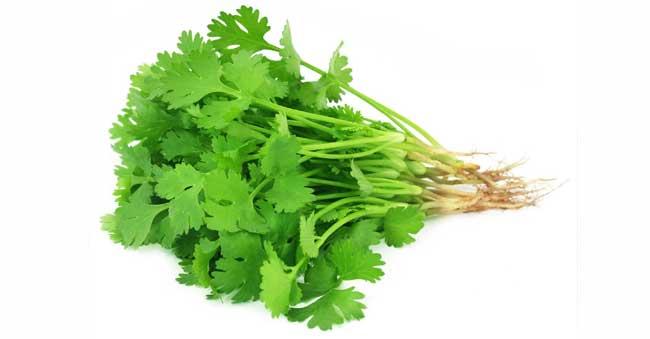
Coriander leaves is one of the commonly used herbs in Indian cooking, which is well-known to treat several digestive woes. Coriander leaves juice aids in increasing the secretion of gastric enzymes, which in turn promotes appetite.
It is packed with anti-inflammatory and antibacterial properties. Studies have shown that they can regulate cholesterol, stimulate appetite and improve digestion.” Here’s How Coriander Helps Weight Loss? Coriander stimulates digestive enzymes and juices, which are known to enhance our digestive system.
Drink a cup of fresh coriander leaves juice on an empty stomach, repeat this on alternate days to increase appetite.
Procedure:
- Clean and chop coriander leaves.
- Heat water in a vessel over medium flame, add the coriander leaves and let boil for 10 minutes.
- Remove the pot from the stove and let cool.
- Strain the coriander water, add lemon and salt, mix well.
- Serve in an insulated steel cup and enjoy!
Product Link: Coriander Leaves
Remedy- 2: Ginger
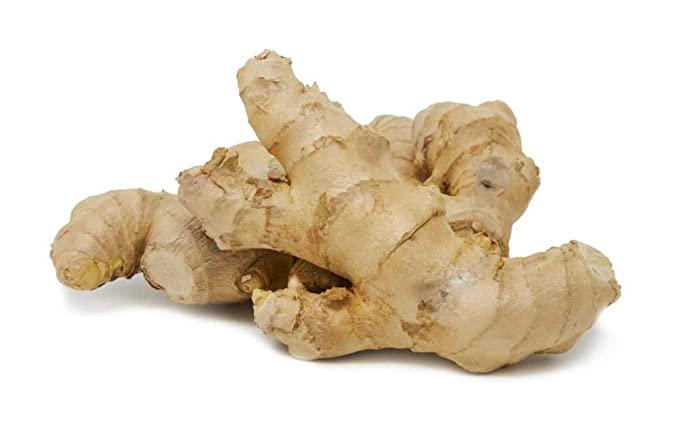
Ginger is one of the incredible herbs that is mostly used as an appetite stimulant. Ginger juice works amazingly well for improving poor appetite.
Ginger has also been used as a carminative, appetite stimulant, and choleretic. Ginger can simultaneously improve gastric motility and exert antispasmodic effects.
Boil one cup of water, add coriander seeds and dried ginger powder boil well, until the water is reduced half. Drink this herbal concoction daily to treat all your digestive problems and improve your appetite. Drinking ginger tea or ginger ale containing root ginger can help settle the stomach.
Procedure : Ginger Tea
- Firstly, in a saucepan take 2 cup water.
- Add 1 inch ginger, 2 pods cardamom, small piece cinnamon.
- Get it to a boil.
- Now add 3 tsp tea powder and boil for 5 minutes on medium flame.
- Pour in ½ cup milk and 2 tsp sugar.
- Boil for 2 minutes until the flavors are combined. do not over boil after adding milk.
- Strain the tea using a tea strainer.
Product Link : Ginger
Other Remedies
Fennel Seeds
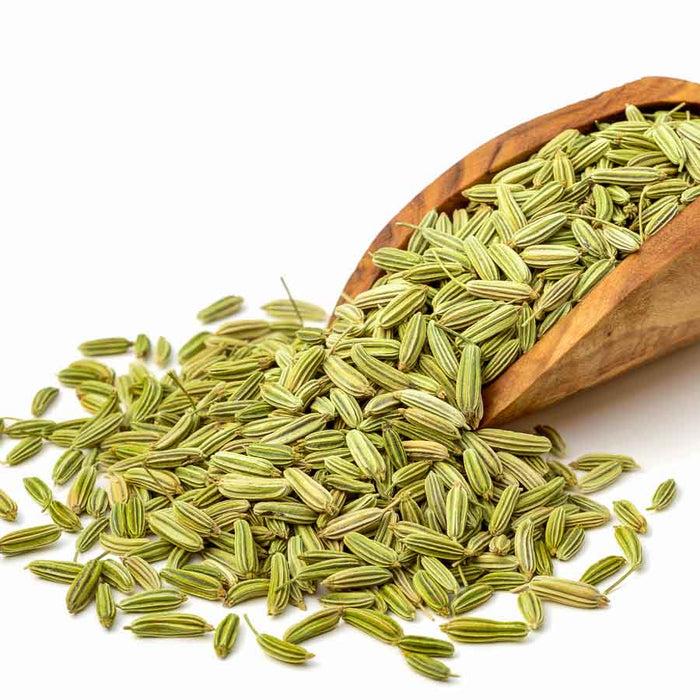
Fennel seeds work as a natural appetite booster by stimulating the production of bile in the liver and promotes a normal digestion process. Fennel is a rich source of fiber, which helps you stay fuller for longer.
Procedure:
Drink fennel tea twice a day for better results.
- Step 1: Bring water to a boil
In a pot, add 1 and a 1/2 cups of water. Let it come to a boil.
- Step 2: Add fennel seeds
Now, add crushed fennel seeds and ginger. Let the water simmer on medium flame until it reduces to just one cup.
- Step 3: Strain the tea
Next, turn off the gas flame and strain it into a cup. Add honey and mix well.
- Step 4: Your fennel tea is ready to serve
Your fennel tea is now ready to be served. You can garnish it with mint leaves. Enjoy the drink while warm.
Carom Seeds
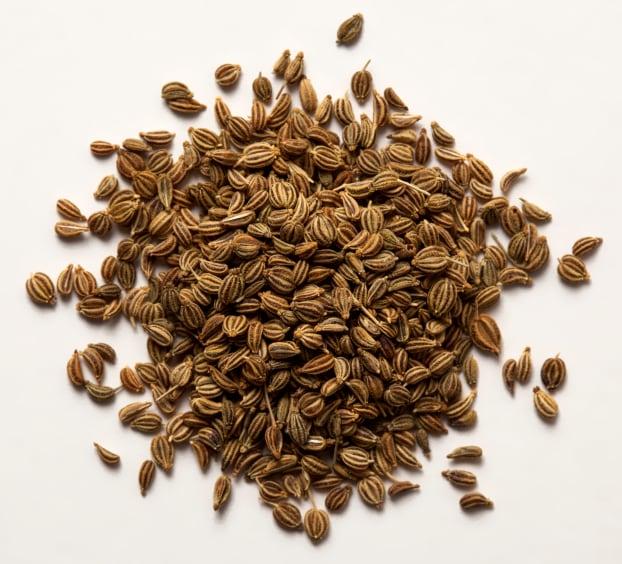
Carom or ajwain seeds are used in several ayurvedic formulations for promoting better digestion. Active enzymes in ajwain improve the flow of stomach acids, which can help to relieve indigestion, bloating, and gas. The plant can also help to treat peptic ulcers as well as sores in the esophagus, stomach, and intestines.
Drinking carom water once a day work remarkably well for improving the functioning of gastrointestinal system. While it also acts as an anti-flatulent and antiacid that increases the secretion of digestive enzymes and stimulate your hunger.
Product Link: Carom Seeds
Thiamine
It has been shown that thiamine deficiency can result in reduced appetite and increased resting energy expenditure, leading to weight loss.
Fish oil
In many studies is said that fish oil can increase appetite and reduce feelings of fullness in women after meals.
Green tea
It has been shown that green tea can help to stimulate your appetite, so you can add it to your diet to help increase your appetite.
Garlic
In some studies is said that garlic can help to increase your appetite, so add it to your diet. If you do not like its taste in raw form, you can cook it or make a juice from it.
Zinc
If you have zinc deficiency in your diet, then it could lead to decreased appetite and taste disturbances that could promote a low desire to eat. This is a reason why you should add zinc supplements or foods high in zinc to your diet.
Incorporate healthy snacks
Snacks are not meant to replace your big meals, but rather to complement them. You should avoid eating snacks close to mealtime because this can affect your appetite. Some examples of healthy snacks include salty snacks like popcorn or trail mix, nut butter and crackers, Greek yogurt or cottage cheese and fruit, protein bars or granola bars, fruits like bananas, apples, and oranges.
Preventions
- Each person has their own needs and wants when it comes to consuming food and dealing with their appetite.
- Some people prefer two to three large meals a day, whereas others eat smaller snacks more often throughout the day.
- Learning how to cook and prepare your meals to best suit your taste is a great way to prevent a loss of appetite or disinterest in food.
- If you feel hungry, try to avoid staying too long before eating something.
- You will most likely eat something unhealthy out of desperation and ruin your appetite later.
- Look at lifestyle areas that could be improved if you think they are having an adverse effect on your appetite.
- This starts by drinking enough water throughout the day, getting plenty of sleep, eliminating stressful factors in your life, and taking part in sufficient physical exercise for your body.




